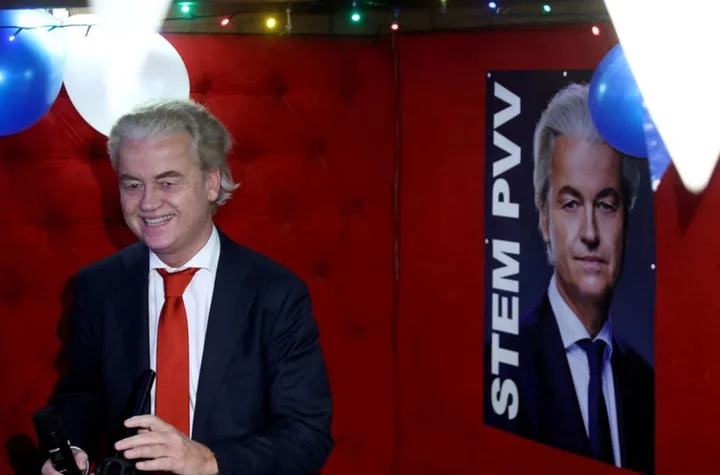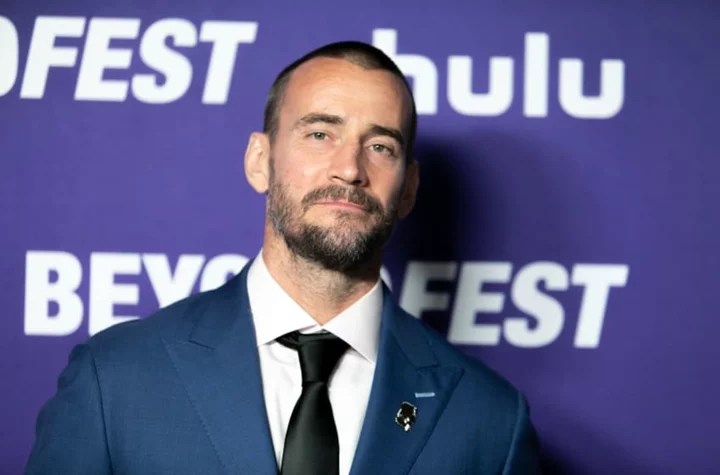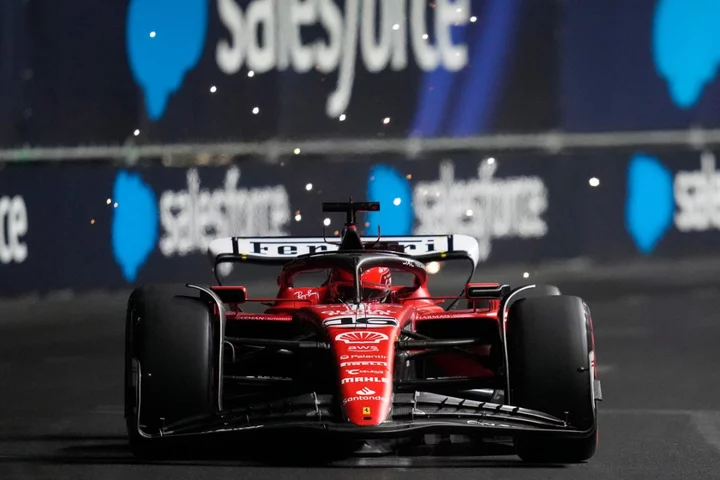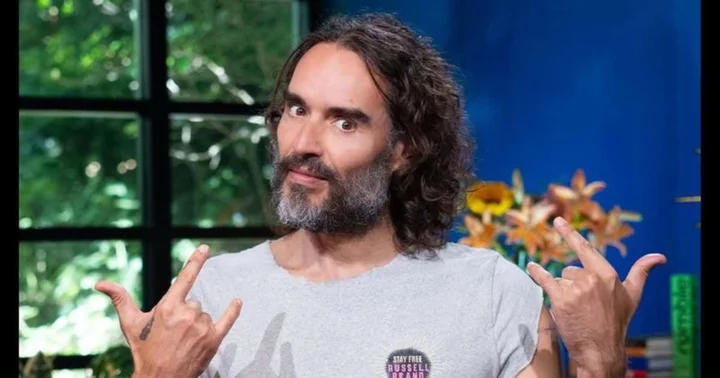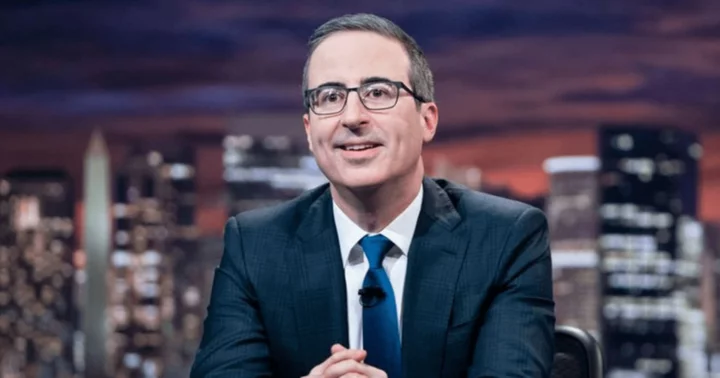By Bart H. Meijer and Anthony Deutsch
AMSTERDAM (Reuters) -Dutch anti-EU far-right populist Geert Wilders, who has vowed to halt all immigration to the Netherlands, was set for a major victory in parliamentary elections on Wednesday, an exit poll showed.
Beating all predictions, the exit poll put Wilders' Freedom Party (PVV) at 35 out of 150 seats, 10 seats ahead of the closest rival, former EU Commissioner Frans Timmermans' Labour/Green Left combination. That margin was far greater than expected.
Exit polls are generally reliable with a margin of error of roughly two seats. Wilders' lead appeared to be too great for the outcome to change.
At a cafe in The Hague, Wilders fans erupted in cheers, hugged and threw their arms in the air.
In a victory speech, Wilders vowed to bring an end to a "tsunami of asylum and immigration" and promised to return the country to the Dutch.
Wilders' rode a wave of anti-immigration sentiment, blaming a housing shortage on flows of asylum seekers.
A self-proclaimed fan of Hungary's Victor Orban, Wilders is also explicitly anti-EU, urging the Netherlands to control borders, to significantly reduce its payments to the union and to block the entrance of any new members.
The party of outgoing Prime Minister Mark Rutte, the conservative VVD, was in third place at 24 seats, the exit poll showed.
Immigration - the issue that triggered the collapse of Rutte's last cabinet after 13 years in power - has been a key issue in the campaign.
"It's been enough now. The Netherlands can't take it anymore. We have to think about our own people first now. Borders closed. Zero asylum seekers," Wilders said in a television debate on the eve of the election.
Wilders is internationally known for his fiery anti-Islamic politics and was convicted by a Dutch judge for discrimination after he insulted Moroccans at a campaign rally in 2014.
Wilders will likely lead government formation talks that will start on Friday. He has said he wants to lead the country, but will have to cooperate other parties to form a coalition with a majority in parliament. That process usually takes months.
He is expected to try to form a right-wing government with the VVD and the upstart party 'New Social Contract', although talks could be difficult as both parties have said they have serious doubts about working with Wilders, because of his outspoken anti-Islam stance.
(Reporting by Johnny Cotton, Toby Sterling, Anthony Deutsch, Bart Meijer, Stephanie van den Berg, Charlotte van Campenhout; Writing by Ingrid Melander; Editing by Toby Chopra, Angus MacSwan)

